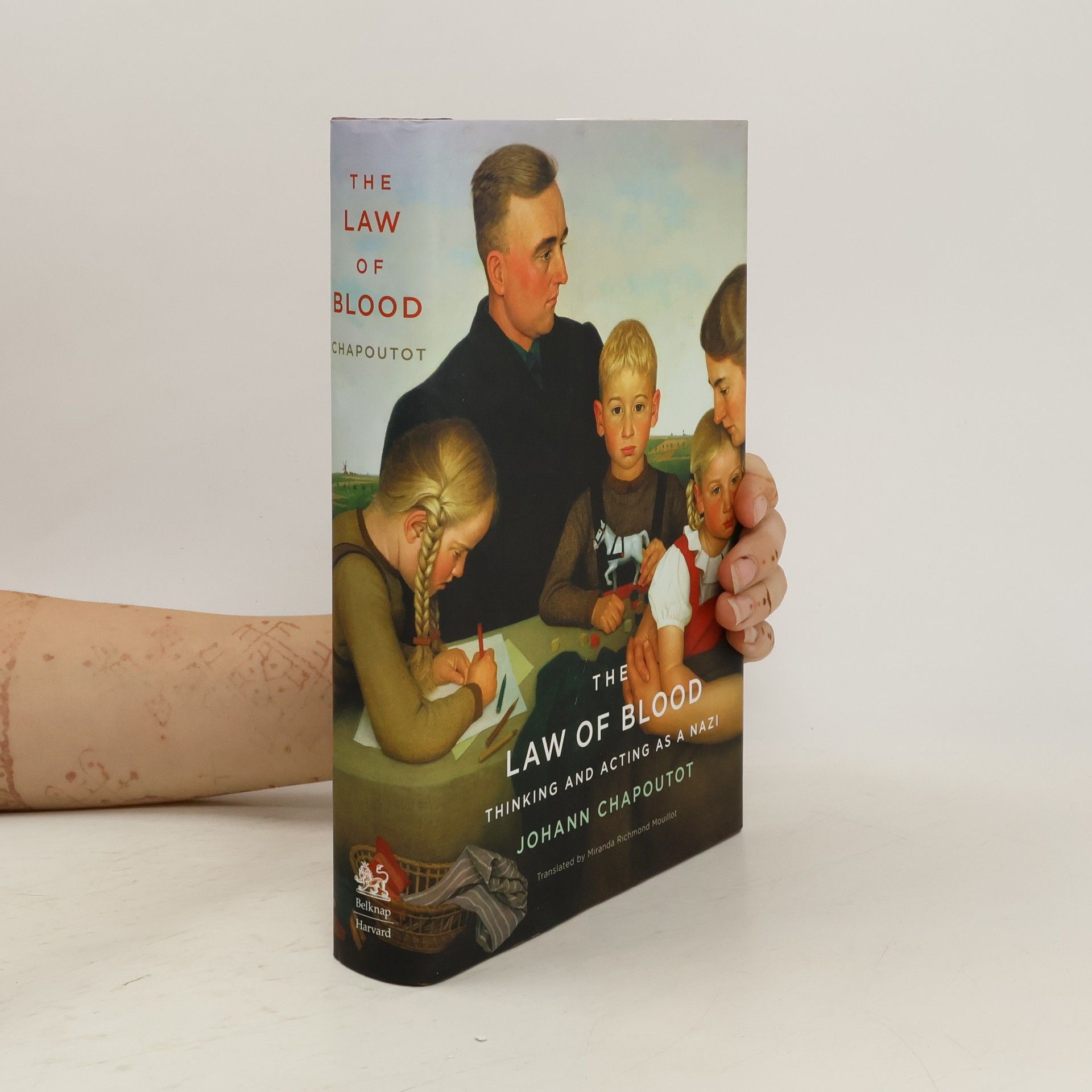Gehorsam macht frei
Eine kurze Geschichte des Managements – von Hitler bis heute
Über 600 000 Führungskader – von BMW über Aldi bis Thyssen-Krupp – durchliefen die Akademie für Führungskräfte, die der fanatische NS-Jurist Reinhard Höhn 1956 in Bad Harzburg begründete und über Jahrzehnte hinweg leitete. Höhns beispielhafter Aufstieg zum Marketing-Guru wirft die beunruhigende Frage auf: Wie stark ist unsere Arbeitswelt noch heute vom Geist der NS-Zeit geprägt? Die NS-Kriegswirtschaft zielte konsequent auf Leistungsfähigkeit: Der Mensch wurde zum Produktionsfaktor, die „Volksgemeinschaft“ gehorchte dem „Führer“. Dieses Menschenbild setzte sich in der Bundesrepublik fort: Aus „Menschenführung“ wurde „Management“, auf die NS-Kriegsmaschinerie folgte die Massenproduktion der Konsumgesellschaft. Am Beispiel des Unternehmensberaters Reinhard Höhn legt Johann Chapoutot eine erschreckende Kontinuität im ökonomischen Denken vor und nach 1945 offen: Das Ziel unbedingter Leistungsbereitschaft zieht sich von den Vordenkern der NS-Kriegswirtschaft bis in die Handbücher der Unternehmensführung von heute.






